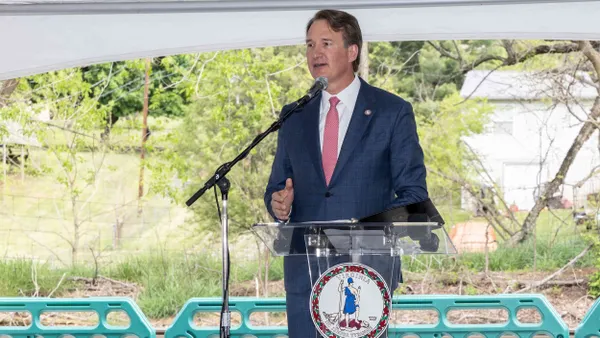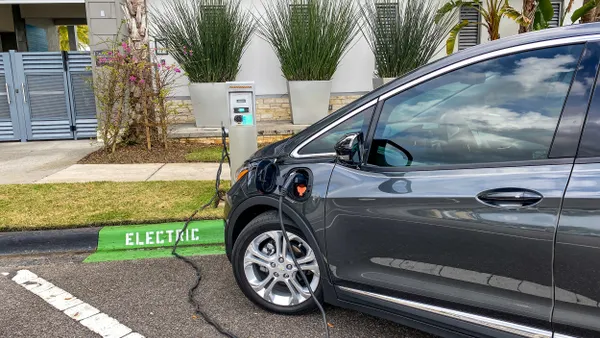Dive Brief:
-
Pittsburgh could reduce its carbon emissions almost 75% by 2030, improving air quality and creating 110,000 new jobs, according to results from the Siemens City Performance Tool (CyPT).
-
The city could exceed its goal to reduce carbon emissions 50% by 2030, an analysis found, through implementing solar electricity generation and expanding district heating systems, electric buses and car-sharing initiatives, and non-residential building automation systems.
-
The analysis said it can go even further by using innovative infrastructure like smart traffic management to reduce fuel use, with the transportation sector still requiring deep emissions cuts to help the city achieve its goals.
Dive Insight:
The Siemens tool launched in 2015, helping cities understand the benefits of linking climate, innovation and jobs. It has already helped city planners and managers in a dozen cities, including Orlando, FL; Washington, DC; and Charlotte, NC to measure the environmental and economic impacts of infrastructural technologies.
Pittsburgh partnered with Siemens in 2017 as part of the city’s energy and decarbonization partnership with the University of Pittsburgh. The city initiated the report following President Trump’s withdrawal from the Paris Climate Accord.
Trump said at the time that he was "elected to represent the citizens of Pittsburgh, not Paris." Pittsburgh Mayor Bill Peduto reacted quickly, denouncing the president’s move and pledging with other mayors and local leaders to follow the Paris agreement’s guidelines.
The report’s findings will help Pittsburgh claim a leadership role in smart infrastructure and autonomous vehicle (AV) technology as it strengthens its resiliency. As part of that goal, the city also has plans to install eight new electric vehicle (EV) chargers and to nearly double its EV fleet. The new chargers, funded by state grants, will be added to its existing 19 chargers.
The report also determined that onshore wind electricity generation can have the greatest impact on air quality and carbon emissions. Electric taxis were also proven to be cost effective solutions, in addition to intelligent traffic management systems that can efficiently improve traffic flow and lower fuel use.












